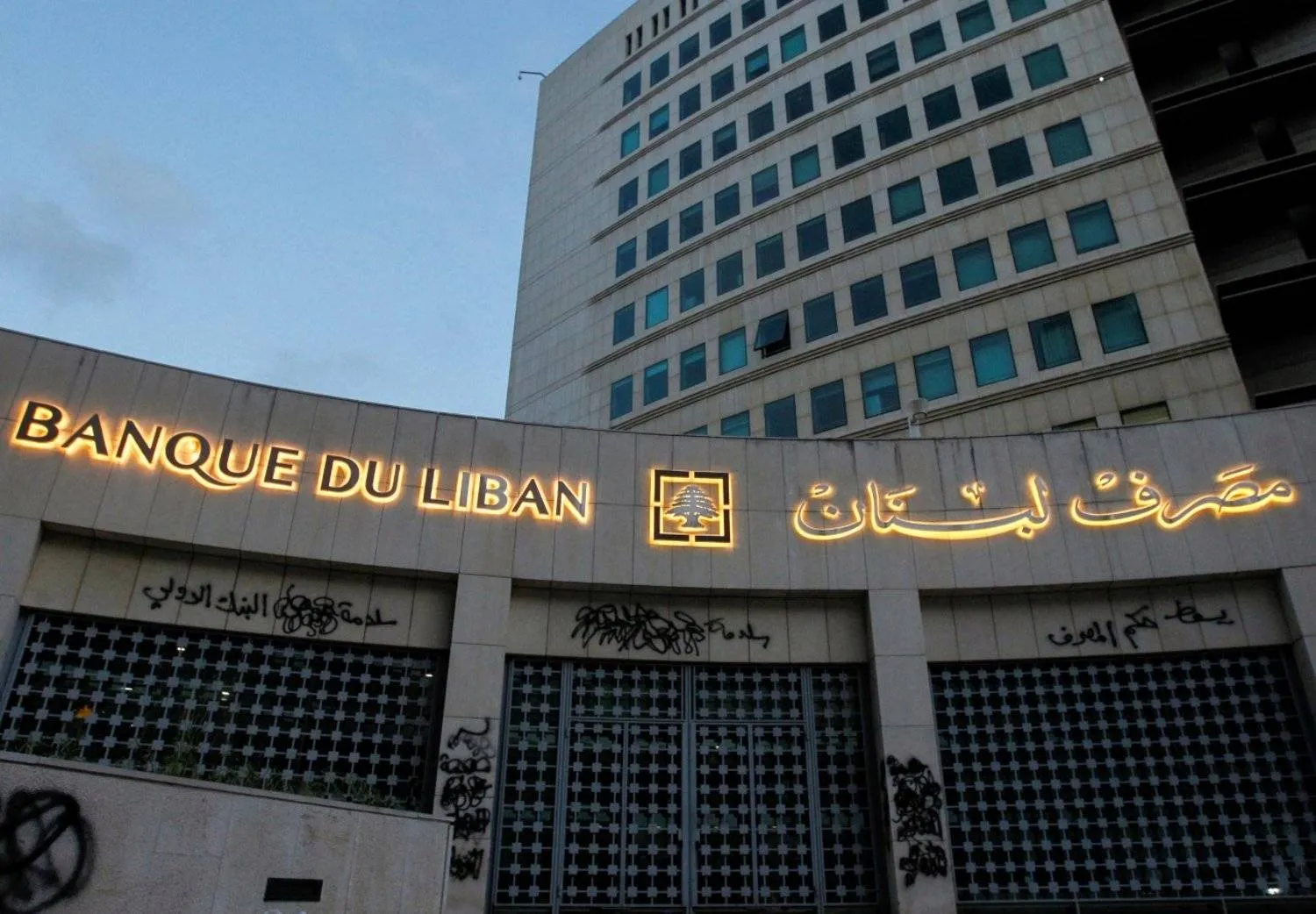Lebanon's acting central bank governor said on Thursday that his institution was still striving to prevent being placed on a "grey list" of countries under special scrutiny by a financial crime watchdog.
Being added to the Financial Action Task Force's grey list would be another major blow to a country in financial tailspin since 2019, with depositors still locked out of most of their pre-crisis savings and many foreign corresponding banks shunning Lebanon's financial system.
Reuters first reported in May 2023 that Lebanon had received a preliminary evaluation warranting grey-listing, with gaps in several categories including its anti-money laundering measures, transparency on beneficial ownership of firms and legal assistance in asset freezing and confiscation.
After the initial assessment, Lebanon was granted a year to address those gaps before a final ruling that is set to be announced at the FATF's plenary in October of this year.
"The Financial Action Task Force (FATF) will issue a decision this coming fall and we are still working hard to prevent Lebanon from being placed on the grey list," acting central bank governor Wissam Mansouri said, addressing a meeting of the Union of Arab Banks in Beirut.
Mansouri said Lebanon had received low scores on measures to confiscate illicit wealth or address money laundering, and that the country needed to develop an action plan to address the remaining gaps.
In 2023, a diplomatic source and a financial source familiar with the matter said that the central bank's special investigations commission was lobbying FATF member states in a bid to change the score.
Being put on the FATF grey list could disrupt a country's capital flows, according to the International Monetary Fund, with banks cutting ties to customers in high-risk countries to reduce compliance costs.
Such a listing also risks reputational damage, credit ratings adjustments, trouble obtaining global finance and higher transaction costs.
In Lebanon's case, the listing would represent an indictment of the financial system at a painful time. The country has been slow to make progress on key reforms requested by the IMF in April 2022 as prerequisites for a deal with the fund. The economy has slowed further after more than 10 months of hostilities between armed group Hezbollah and the Israeli military in parallel with the Gaza war.









